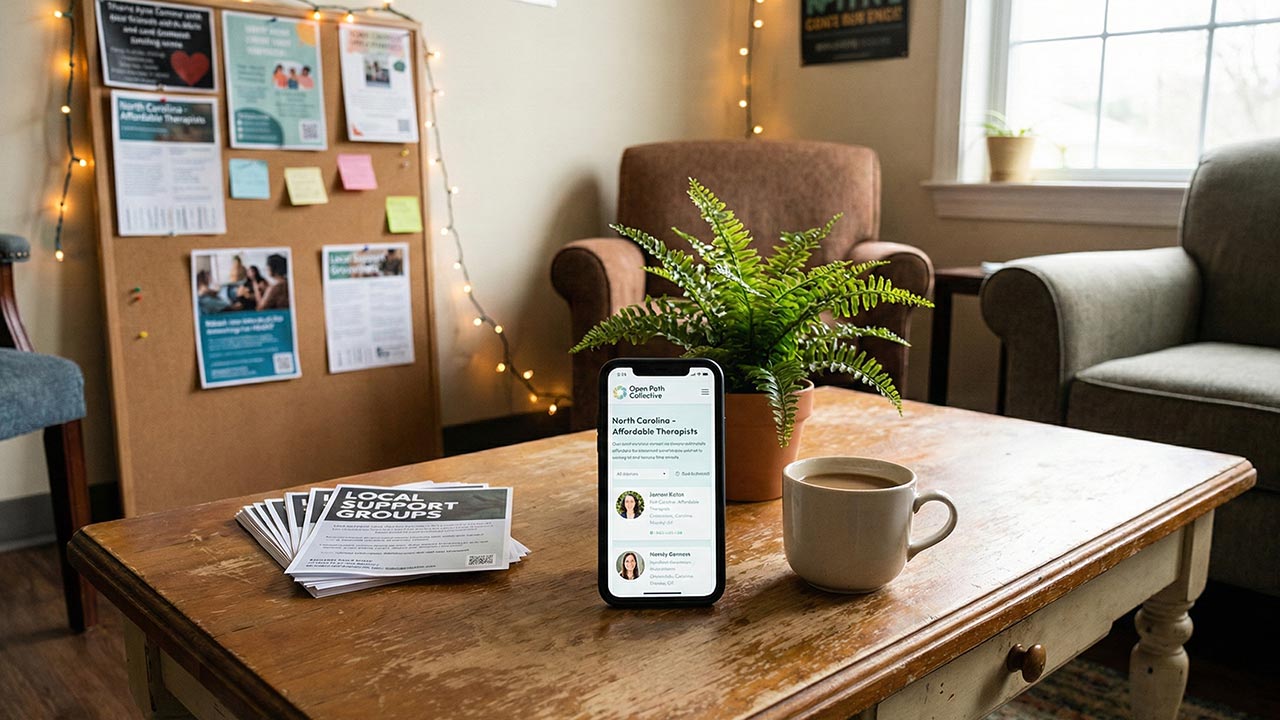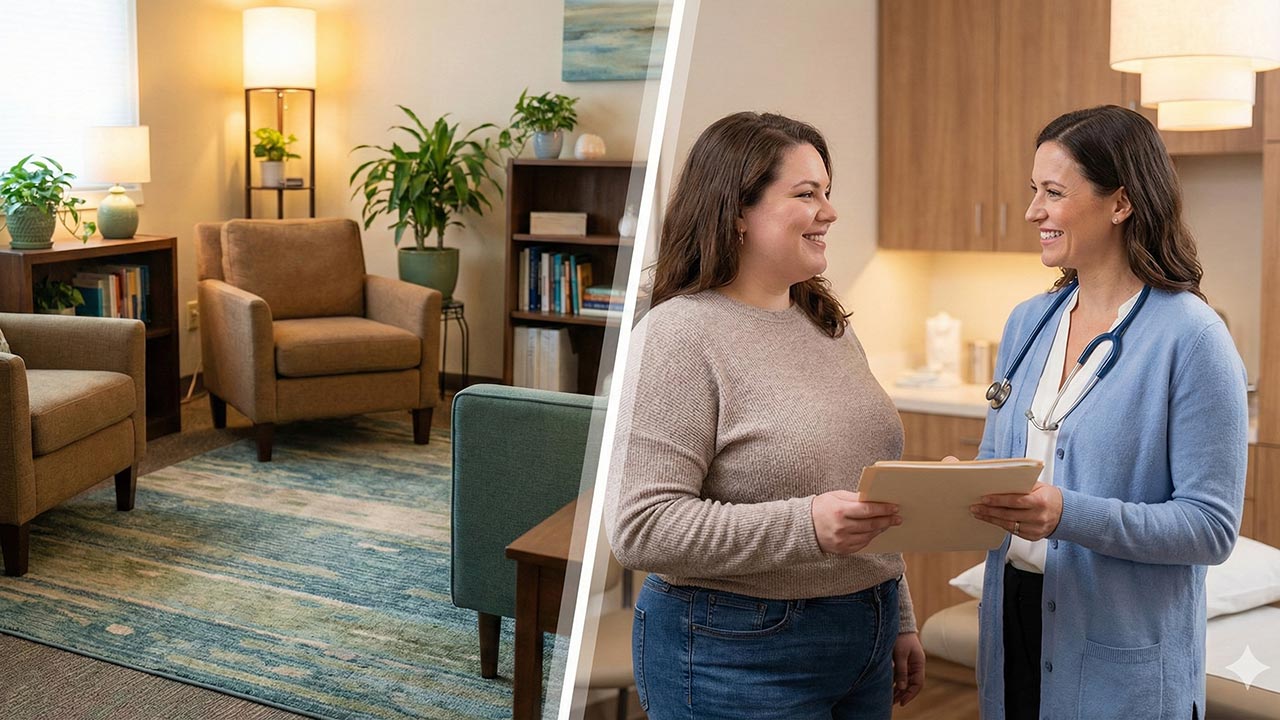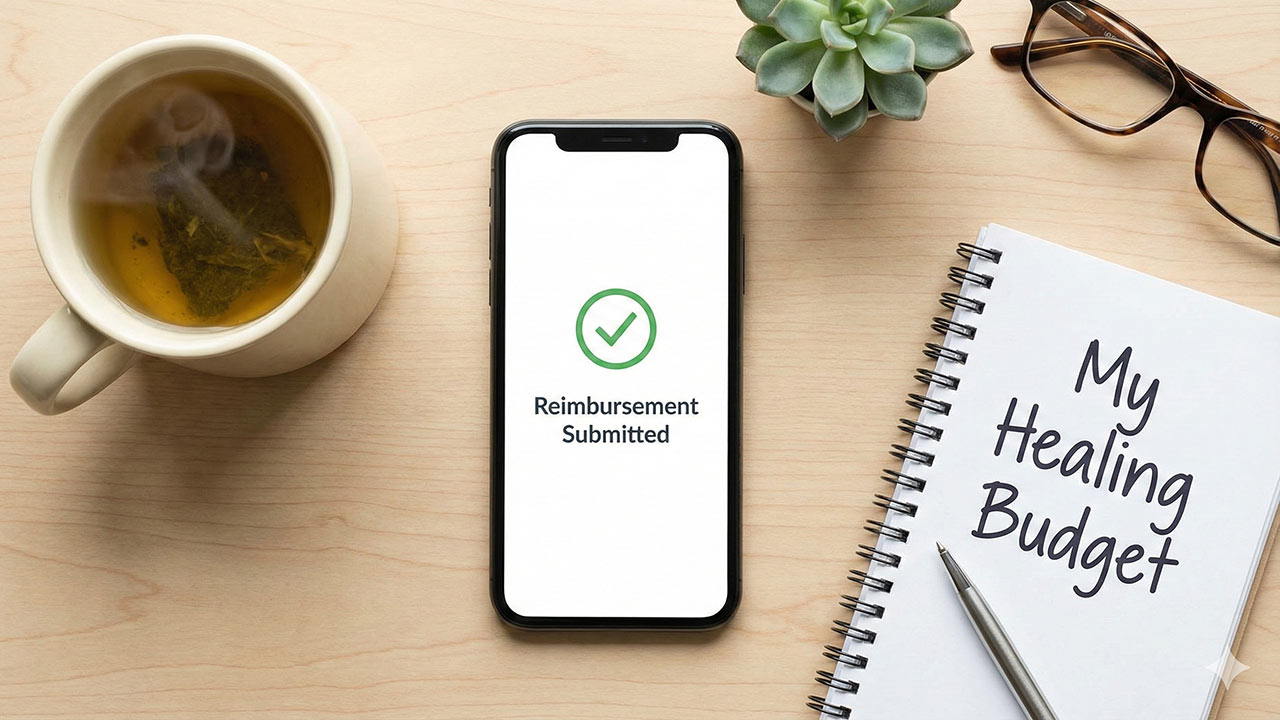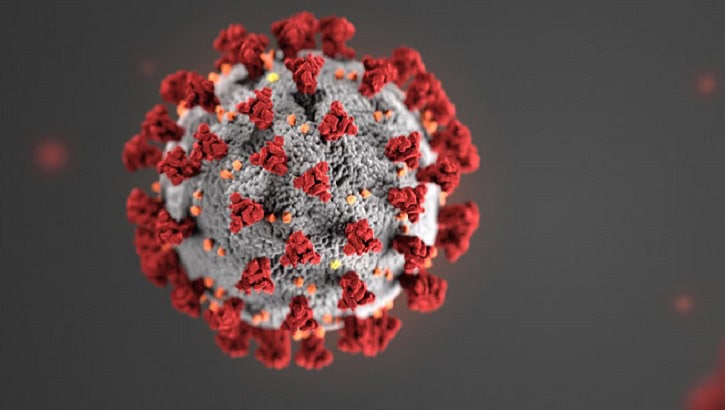Navigating the complexities of trauma within the LGBTQ+ community requires a nuanced approach—one that acknowledges the unique intersectional experiences individuals may face. Trauma-informed therapy emerges as a crucial framework in this context, offering a pathway towards healing that integrates understanding, empathy, and respect for diverse identities. This therapeutic approach recognizes the profound impact of trauma on both the mind and body, emphasizing safety, trustworthiness, choice, collaboration, and empowerment in the healing process. In this blog series, we delve into the principles and practices of trauma-informed therapy tailored specifically for LGBTQ+ individuals, exploring its significance, methods, and potential for profound transformation and resilience.
Understanding Trauma in LGBTQ+ Communities: Unpacking Intersectional Experiences

The experience of trauma within LGBTQ+ communities is multifaceted, often shaped by intersecting identities such as race, ethnicity, gender, and socio-economic status. LGBTQ+ individuals frequently encounter unique stressors, including discrimination, rejection, and violence, which can exacerbate the impact of trauma. Understanding these intersectional experiences is crucial for therapists to provide effective support. It involves recognizing how systemic inequalities contribute to the prevalence of trauma within these communities and how factors like internalized homophobia or transphobia can further complicate healing processes. By unpacking these complex layers, therapists can create a safe and affirming space for LGBTQ+ individuals to explore their trauma and work towards recovery in a holistic manner.
The Core Principles of Trauma-Informed Therapy: Safety, Trust, and Empowerment
At the heart of trauma-informed therapy lies a set of core principles designed to foster healing and resilience. Safety, both physical and emotional, is paramount, providing a secure environment for individuals to explore their trauma without fear of judgment or harm. Trust forms the foundation of the therapeutic relationship, empowering clients to share their experiences authentically and engage in the healing process collaboratively. Empowerment emphasizes the agency of individuals in their recovery journey, promoting autonomy and self-efficacy. By upholding these principles, trauma-informed therapists create a supportive framework that honors the unique needs and experiences of each LGBTQ+ individual, guiding them towards healing and growth.
Addressing Cultural Competency: LGBTQ+ Affirmative Practices in Therapy

Culturally competent therapy for LGBTQ+ individuals goes beyond mere tolerance; it requires a deep understanding of the diverse identities, experiences, and challenges within the community. Affirmative practices affirm and validate the identities of LGBTQ+ clients, creating a space where they feel understood and accepted. This involves using inclusive language, respecting chosen names and pronouns, and acknowledging the impact of systemic discrimination on mental health. Additionally, therapists must be attuned to the unique cultural contexts and social dynamics within LGBTQ+ communities, recognizing the intersections of identities and the varying degrees of privilege and marginalization. By embracing cultural competency, therapists can build trust and rapport with their clients, fostering a therapeutic alliance conducive to healing and growth.
Healing the Wounds: Integrating Mindfulness and Body-Centered Approaches
Healing the Wounds: Integrating mindfulness and body-centered approaches is a crucial aspect of trauma-informed therapy, recognizing the profound connection between the mind and body in the healing process. By combining mindfulness practices with body-centered approaches, individuals can address the psychological and physiological effects of trauma, fostering holistic healing and resilience.
- Cultivating Present-Moment Awareness: Mindfulness practices such as meditation and breathwork help individuals cultivate awareness of their thoughts, emotions, and bodily sensations, grounding them in the present moment.
- Releasing Stored Trauma: Body-centered approaches like somatic experiencing or yoga facilitate the release of stored trauma in the body, promoting relaxation and restoring a sense of safety.
- Promoting Emotional Regulation: Mindfulness techniques teach individuals to regulate their emotions, allowing them to respond to triggers and stressors in a healthier manner.
- Restoring Body-Mind Connection: Body-centered approaches help individuals reconnect with their bodies, fostering a sense of agency and empowerment in their healing journey.
- Enhancing Resilience: Integrating mindfulness and body-centered approaches promotes resilience, empowering individuals to navigate the challenges of trauma recovery with greater self-awareness and strength.
Integrating mindfulness and body-centered approaches offers a comprehensive framework for addressing the complex effects of trauma on both the mind and body. By fostering present-moment awareness, releasing stored trauma, promoting emotional regulation, restoring the body-mind connection, and enhancing resilience, individuals can embark on a journey towards holistic healing and empowerment.
Navigating Identity: Supporting Gender and Sexual Diversity in Trauma Recovery**
Trauma recovery for LGBTQ+ individuals often intersects with questions of identity, including gender identity and sexual orientation. Therapists must create an inclusive and affirming space where clients feel empowered to explore and express their authentic selves. This involves validating diverse identities and experiences, recognizing the impact of societal norms and expectations on identity formation, and supporting individuals in navigating internalized shame or stigma. By affirming gender and sexual diversity, therapists can help LGBTQ+ clients integrate their identities into their healing journey, fostering self-acceptance and resilience in the face of trauma-related challenges.
Overcoming Barriers to Care: Accessing Trauma-Informed Services for LGBTQ+ Individuals
Despite the growing awareness of trauma within LGBTQ+ communities, accessing affirming and culturally competent care can still be challenging due to various barriers. These may include financial constraints, lack of insurance coverage for LGBTQ+-specific services, geographical limitations, or fear of discrimination within healthcare settings. Additionally, historical trauma and mistrust of medical institutions can further deter individuals from seeking help. Overcoming these barriers requires proactive efforts from therapists and healthcare providers to create inclusive and accessible spaces for LGBTQ+ individuals. This may involve offering sliding-scale fees, providing teletherapy options, or partnering with LGBTQ+ organizations to increase outreach and awareness.
Building Resilience: Community Support and Advocacy in Trauma Recovery Processes
Building resilience within LGBTQ+ communities is essential for navigating the complexities of trauma recovery. Community support and advocacy play pivotal roles in fostering this resilience, providing vital resources, validation, and solidarity to individuals on their healing journeys.
- Safe Spaces: LGBTQ+ community centers, support groups, and online forums offer safe spaces for individuals to connect with others who share similar experiences, fostering a sense of belonging and mutual support.
- Validation and Solidarity: Through community support, individuals receive validation for their experiences and find solidarity in knowing they are not alone in their struggles.
- Resource Accessibility: Community networks provide access to resources such as therapy, support services, and educational materials tailored to the unique needs of LGBTQ+ individuals.
- Empowerment Through Advocacy: Advocacy efforts aimed at addressing systemic inequalities and promoting LGBTQ+ rights empower individuals and challenge societal structures that perpetuate trauma.
- Strength in Unity: By coming together as a community, LGBTQ+ individuals can draw strength, courage, and resilience from one another, fostering a collective sense of empowerment and resilience in the face of adversity.
Community support and advocacy are integral components of trauma recovery processes within LGBTQ+ communities, offering validation, resources, and empowerment to individuals as they navigate their healing journeys. Together, we can build resilience, foster solidarity, and create safer, more inclusive environments for all LGBTQ+ individuals.
Conclusion
Trauma-informed therapy tailored for LGBTQ+ individuals is a critical step towards fostering healing and resilience within these communities. By understanding the multifaceted nature of trauma, therapists can create safe and affirming spaces where individuals feel empowered to explore their experiences authentically. Upholding core principles of safety, trust, and empowerment, therapists guide clients towards healing while honoring their unique identities and experiences. Culturally competent practices further enhance the therapeutic alliance, ensuring that LGBTQ+ individuals receive affirming and inclusive care. Integrating mindfulness and body-centered approaches addresses the interconnectedness of mind and body, promoting holistic healing. Despite barriers to care, proactive efforts can create accessible and inclusive services for LGBTQ+ individuals. Through community support and advocacy, we can foster resilience and empower LGBTQ+ individuals on their trauma recovery journey. To embark on this journey towards healing, reach out to Resilient Mind Counseling at 828-515-1246 or scheduling@resilientmindcounseling.com, located at 41 Clayton St. #300, Asheville, NC 28801. Join us in celebrating the uniqueness and resilience of every individual within the LGBTQ+ community.















